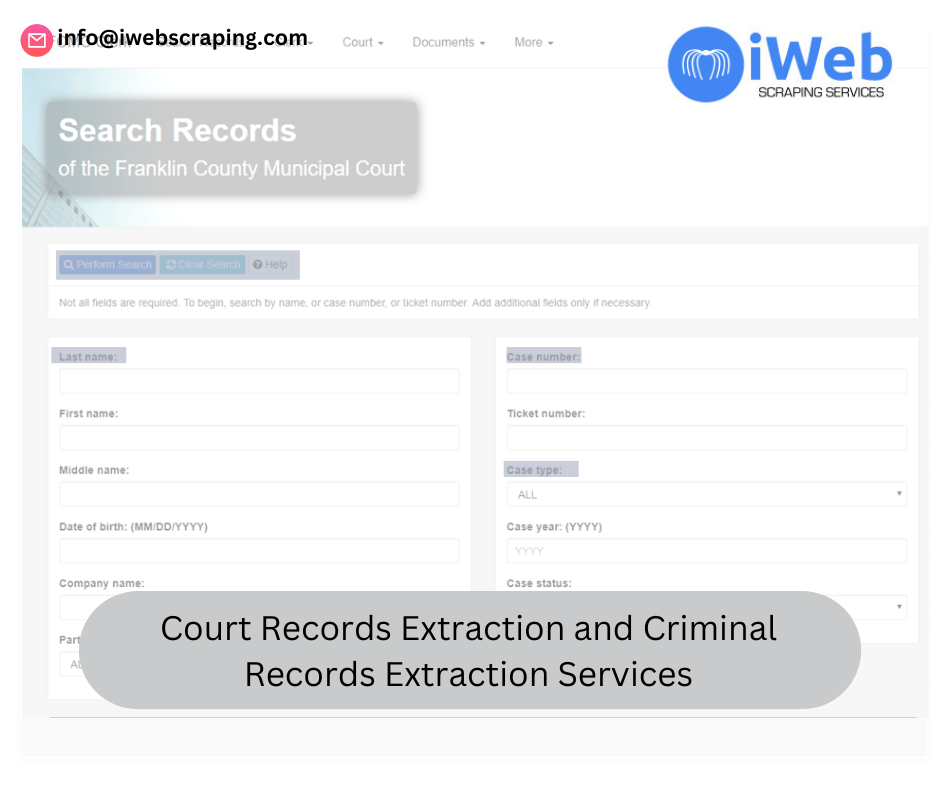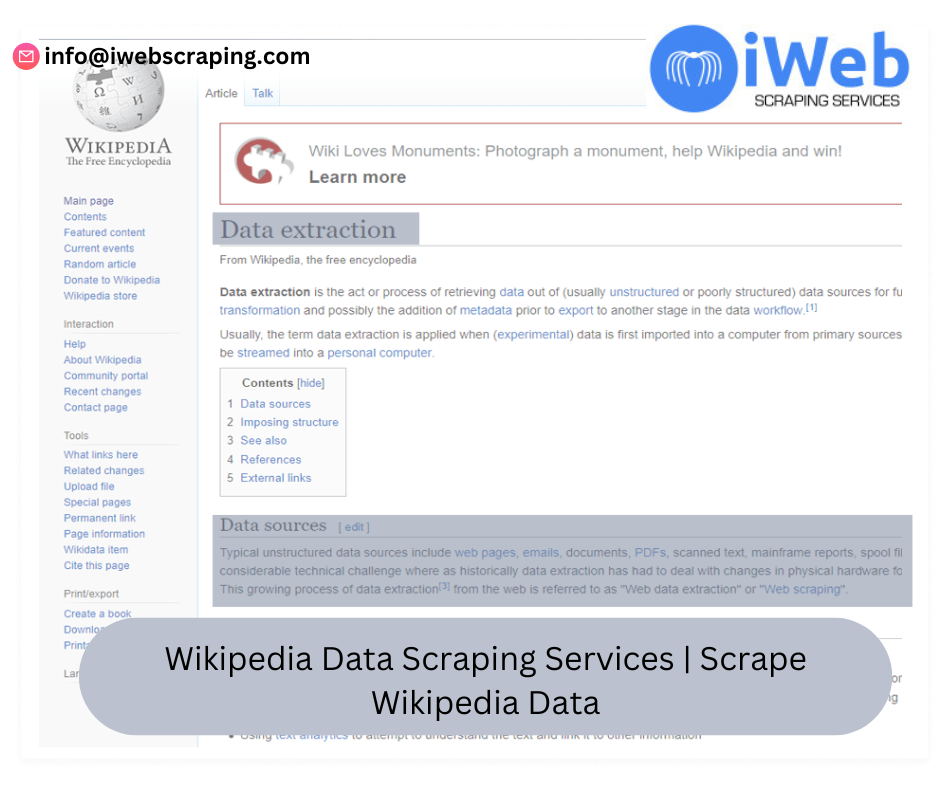
In the ever-evolving landscape of the vacation rental market, having access to real-time, accurate, and comprehensive data is crucial for businesses looking to gain a competitive edge. Whether you are a property manager, travel agency, or a startup in the hospitality industry, scraping data from vacation rental websites can provide you with invaluable insights. This blog delves into the concept of vacation rental website data scraping, its importance, and how it can be leveraged to enhance your business operations.
What is Vacation Rental Website Data Scraping?
Vacation rental website data scraping involves the automated extraction of data from vacation rental platforms such as Airbnb, Vrbo, Booking.com, and others. This data can include a wide range of information, such as property listings, pricing, availability, reviews, host details, and more. By using web scraping tools or services, businesses can collect this data on a large scale, allowing them to analyze trends, monitor competition, and make informed decisions.
Why is Data Scraping Important for the Vacation Rental Industry?
Competitive Pricing Analysis: One of the primary reasons businesses scrape vacation rental websites is to monitor pricing strategies used by competitors. By analyzing the pricing data of similar properties in the same location, you can adjust your rates to stay competitive or identify opportunities to increase your prices during peak seasons.
Market Trend Analysis: Data scraping allows you to track market trends over time. By analyzing historical data on bookings, occupancy rates, and customer preferences, you can identify emerging trends and adjust your business strategies accordingly. This insight can be particularly valuable for making decisions about property investments or marketing campaigns.
Inventory Management: For property managers and owners, understanding the supply side of the market is crucial. Scraping data on the number of available listings, their features, and their occupancy rates can help you optimize your inventory. For example, you can identify underperforming properties and take corrective actions such as renovations or targeted marketing.
Customer Sentiment Analysis: Reviews and ratings on vacation rental platforms provide a wealth of information about customer satisfaction. By scraping and analyzing this data, you can identify common pain points or areas where your service excels. This feedback can be used to improve your offerings and enhance the guest experience.
Lead Generation: For travel agencies or vacation rental startups, scraping contact details and other relevant information from vacation rental websites can help generate leads. This data can be used for targeted marketing campaigns, helping you reach potential customers who are already interested in vacation rentals.
Ethical Considerations and Legal Implications
While data scraping offers numerous benefits, it’s important to be aware of the ethical and legal implications. Vacation rental websites often have terms of service that prohibit or restrict scraping activities. Violating these terms can lead to legal consequences, including lawsuits or being banned from the platform. To mitigate risks, it’s advisable to:
Seek Permission: Whenever possible, seek permission from the website owner before scraping data. Some platforms offer APIs that provide access to data in a more controlled and legal manner.
Respect Robots.txt: Many websites use a
robots.txtfile to communicate which parts of the site can be crawled by web scrapers. Ensure your scraping activities respect these guidelines.Use Data Responsibly: Avoid using scraped data in ways that could harm the website or its users, such as spamming or creating fake listings. Responsible use of data helps maintain ethical standards and builds trust with your audience.
How to Get Started with Vacation Rental Data Scraping
If you’re new to data scraping, here’s a simple guide to get you started:
Choose a Scraping Tool: There are various scraping tools available, ranging from easy-to-use platforms like Octoparse and ParseHub to more advanced solutions like Scrapy and Beautiful Soup. Choose a tool that matches your technical expertise and requirements.
Identify the Data You Need: Before you start scraping, clearly define the data points you need. This could include property details, pricing, availability, reviews, etc. Having a clear plan will make your scraping efforts more efficient.
Start Small: Begin with a small-scale scrape to test your setup and ensure that you’re collecting the data you need. Once you’re confident, you can scale up your scraping efforts.
Analyze the Data: After collecting the data, use analytical tools like Excel, Google Sheets, or more advanced platforms like Tableau or Power BI to analyze and visualize the data. This will help you derive actionable insights.
Stay Updated: The vacation rental market is dynamic, with prices and availability changing frequently. Regularly updating your scraped data ensures that your insights remain relevant and actionable.
Conclusion
Vacation rental website data scraping is a powerful tool that can provide businesses with a wealth of information to drive growth and innovation. From competitive pricing analysis to customer sentiment insights, the applications are vast. However, it’s essential to approach data scraping ethically and legally to avoid potential pitfalls. By leveraging the right tools and strategies, you can unlock valuable insights that give your business a competitive edge in the ever-evolving vacation rental market.
4o

















.png)
.png)
.jpg)
Write a comment ...